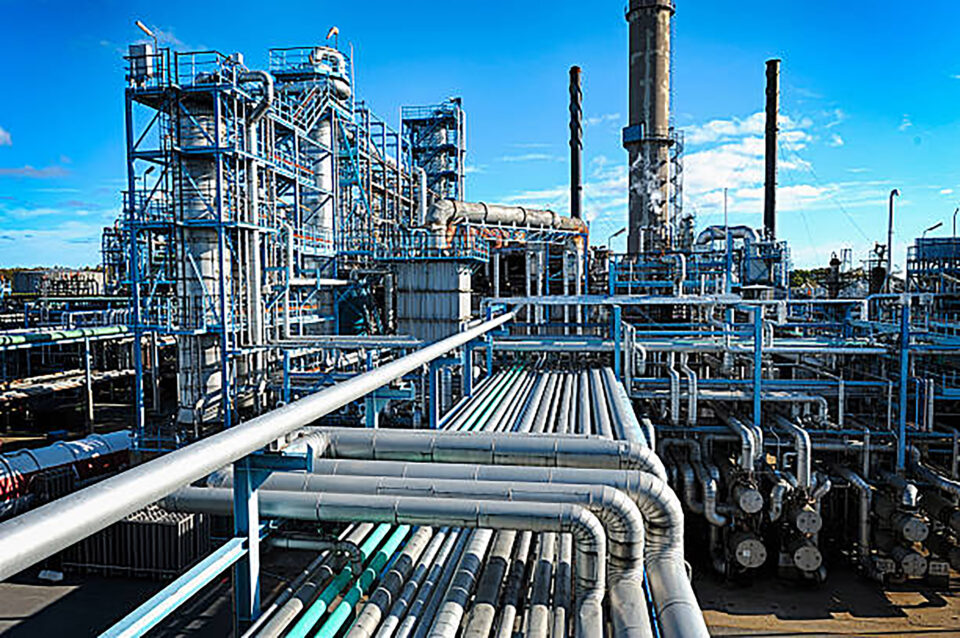Shell will build one of Europe’s biggest biofuels facilities. The company announced it had reached final investment decision (FID) for the project. It involves the construction of an 820,000 tons per year biofuels facility in the Netherlands.
As outlined above, once built, the facility will be one of Europe’s biggest biofuels facilities. It will be located in Shell’s Energy and Chemicals Park; the site is formerly known as the Pernis refinery. The facility will produce renewable diesel and sustainable aviation fuels from waste.
According to the statement, the facility’s size would help to avoid 2,800,000 tons of carbon dioxide emissions per year. The equivalent of taking off the roads about 1 million cars. Consequently, the facility will not only push the company towards sustainability, but will also help Europe and the Netherlands reach their climate goals.
In addition, the project would use advanced methods of production, turning used cooking oil and other natural feedstocks to produce the low carbon fuels. Moreover, the facility will use technology to capture carbon emissions from the manufacturing process and store them in an empty gas field beneath the North Sea through the Porthos project. FID for the Porthos project would come later this year.
Also recommended for you: Lightsource bp secures $1,8 billion in finance for future growth. Click here to read.
Shell boosting its climate and CO2 emissions reduction strategy
Furthermore, the transformation of the Chemicals Park in the Netherlands, is part of a broader strategy by the company. Shell intends to transform its refineries into five energy and chemicals parks. It aims to reduce the production of traditional fuels by 55% by 2030 and provide more low-carbon fuels such as biofuels for road transport and aviation, and hydrogen.
On the other hand, the Netherlands biofuels facility will start production around 2024. It will produce low-carbon fuels such as renewable diesel from waste in the form of used cooking oil, waste animal fat, and other industrial and agricultural residual products. It will also produce SAF. The company could adjust the production of these two biofuels according to customer’s demand.
In fact, SAF could make up more than half of the 820,000-tons-a-year capacity, with the rest being renewable diesel. Huibert Vigeveno, Shell’s Downstream Director, said about the project. “Today’s announcement is a key part of the transformation of one of our major refineries into an energy and chemicals park, which will supply customers with the low-carbon products they want and need.”
Finally, Marjan van Loon, President Director of Shell Netherlands BV said. “This investment is an important step as we transform the Energy and Chemicals Park Rotterdam from a traditional refinery into a sustainable energy park. The project will mean hundreds of millions of dollars of investment each year during construction. It will create hundreds of jobs, and help to maintain the facility’s competitiveness for years to come.”


